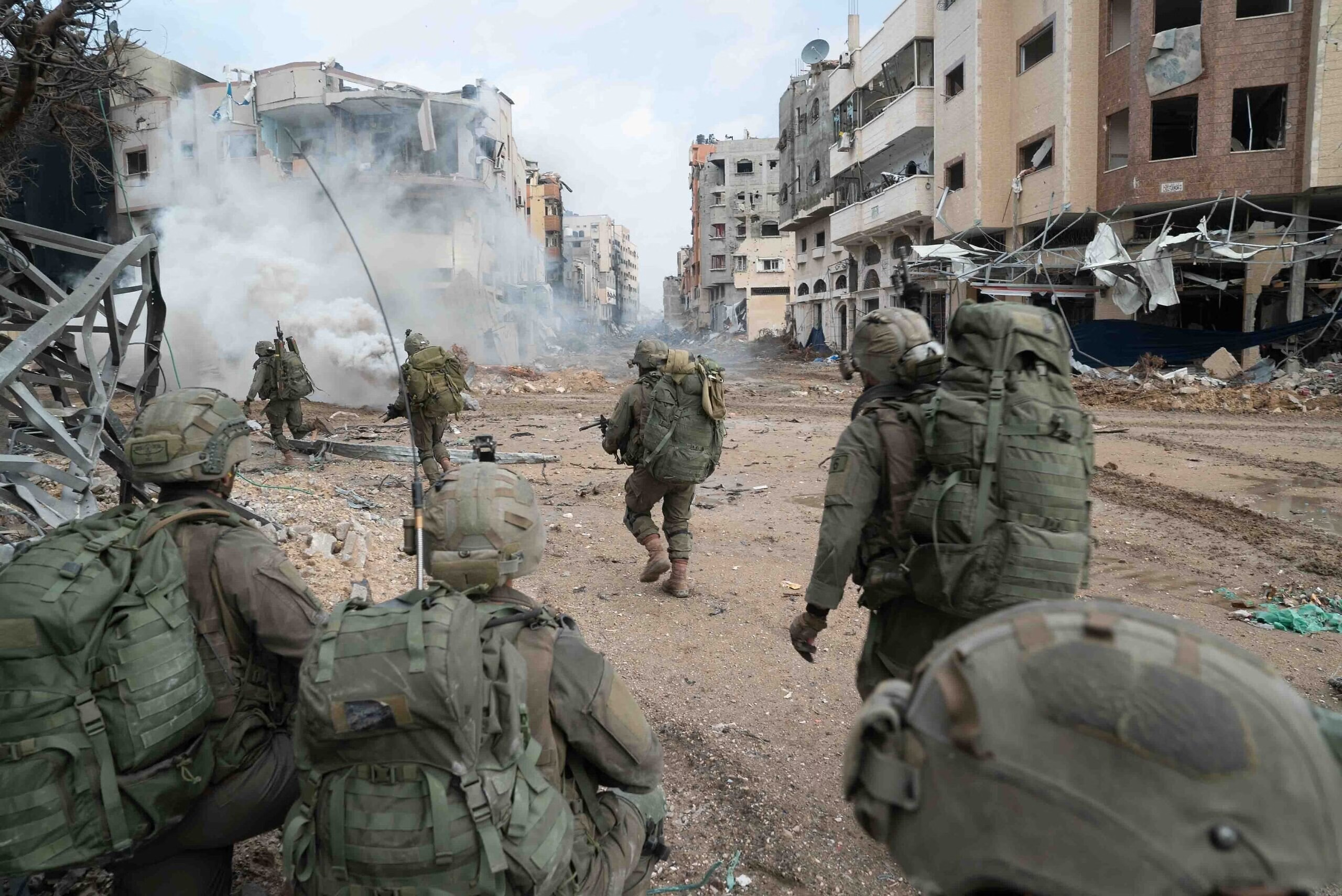
A Silent Epidemic: The Psychological Toll of War on Israeli Soldiers
July 31, 2025 – In-depth Analysis
Israeli analyst Ephraim Ganor, writing for Maariv, delivers a stark warning: the explosions and air raid sirens that Israelis have grown used to since the start of the war in Gaza are only the prelude to a much deeper and longer-lasting echo — the inner screams of tens of thousands of psychologically scarred soldiers. These young men will carry the trauma of war not just on their bodies, but deep within their minds, for the rest of their lives.
PTSD: The War That Doesn’t End
Ganor centers his analysis on Post-Traumatic Stress Disorder (PTSD) — a growing and pervasive psychological condition affecting Israeli soldiers. According to his article, the roots of this trauma are complex:
Horrors committed or witnessed during urban combat, especially involving Palestinian civilians.
Sudden, brutal encounters with Palestinian resistance fighters emerging from tunnels — a tactic that shattered any sense of safety or control.
The constant dread of ambushes and death, leading to persistent mental hypervigilance.
This type of war, Ganor suggests, leaves no safe exit — not even after returning home.
A Silent Epidemic Within Israeli Society
Ganor describes this phenomenon as a “silent epidemic” creeping into the heart of Israeli society. It is mostly invisible — for now — but will become undeniably present once the guns fall silent and soldiers return from the battlefield.
Predicted consequences:
A surge in depression, anxiety, and panic disorders among discharged soldiers.
An alarming rise in suicides and substance abuse.
Domestic violence stemming from unresolved psychological trauma.
Difficulty reintegrating into civilian life, leading to unemployment, social isolation, and family breakdowns.
This is not just a military problem — it’s a national mental health emergency in the making.
Institutional Neglect and Societal Denial
Despite growing evidence of a psychological crisis, the Israeli military and broader society fail to address it adequately. Many soldiers are discharged without proper psychological evaluation or post-service therapy.
Common complaints include:
A lack of long-term trauma rehabilitation programs.
Stigma and silence around mental illness within military culture.
Veterans feeling abandoned by a society that praises them in war but forgets them in peace.
Israel, Ganor argues, has built a system focused on battlefield readiness while neglecting the human cost of perpetual conflict.
⚖️ A Deeper Crisis: The Moral and Existential Weight
At its core, this is more than just a mental health issue. The trauma many soldiers experience is also moral and existential.
Some are haunted not just by what was done to them — but by what they did. Urban warfare in Gaza blurred ethical lines, especially in densely populated civilian zones. Soldiers return not only with fear but with moral injury — a type of trauma rooted in shame, guilt, and internal moral conflict.
This raises deeper questions:
Can a society that relies on constant militarization remain emotionally whole?
How can young soldiers process the horrors of war and reenter a peaceful life?
Is Israel prepared for the long-term psychological cost of a war without end?
The War After the War
Ephraim Ganor’s article is not just a reflection — it’s a warning. While rockets and drones may define the headlines today, the real battle will begin when soldiers come home. Many will not be the same — and many will not survive the quiet.
“The battlefield,” Ganor writes, “will follow them home — into their bedrooms, marriages, workplaces, and dreams.”
And this time, there will be no sirens to warn anyone.












